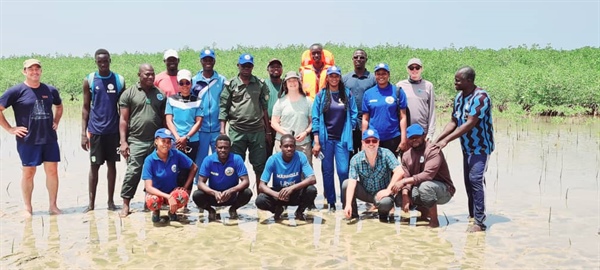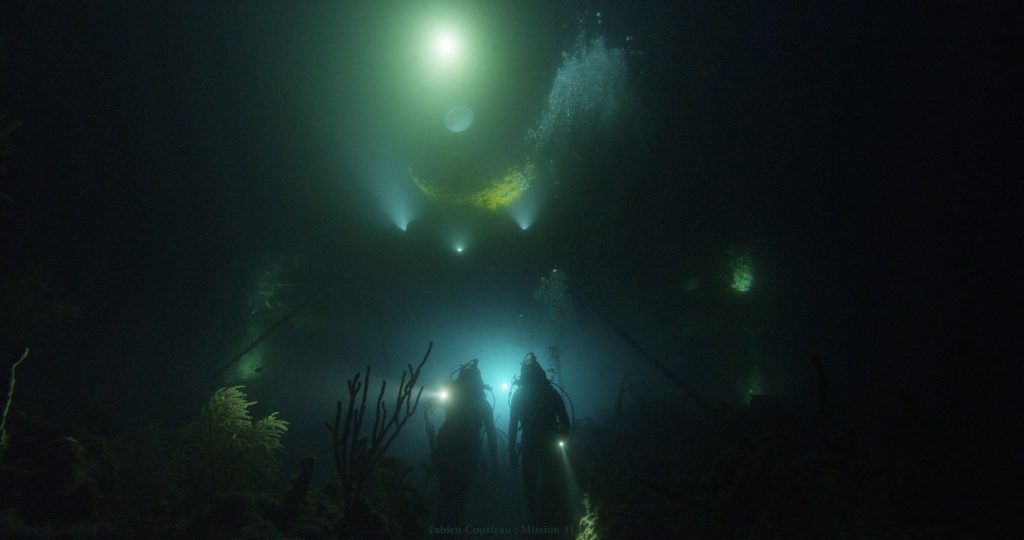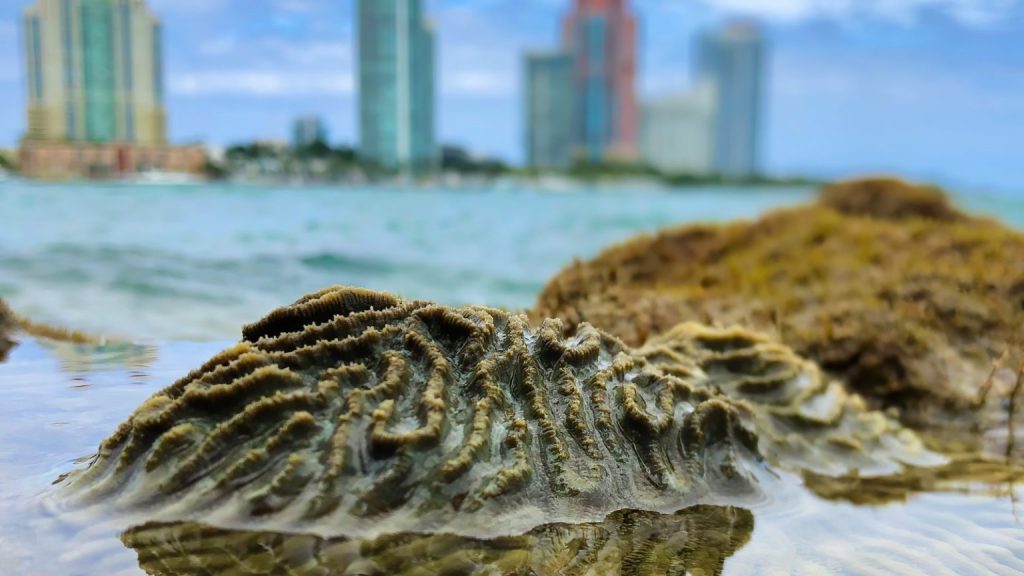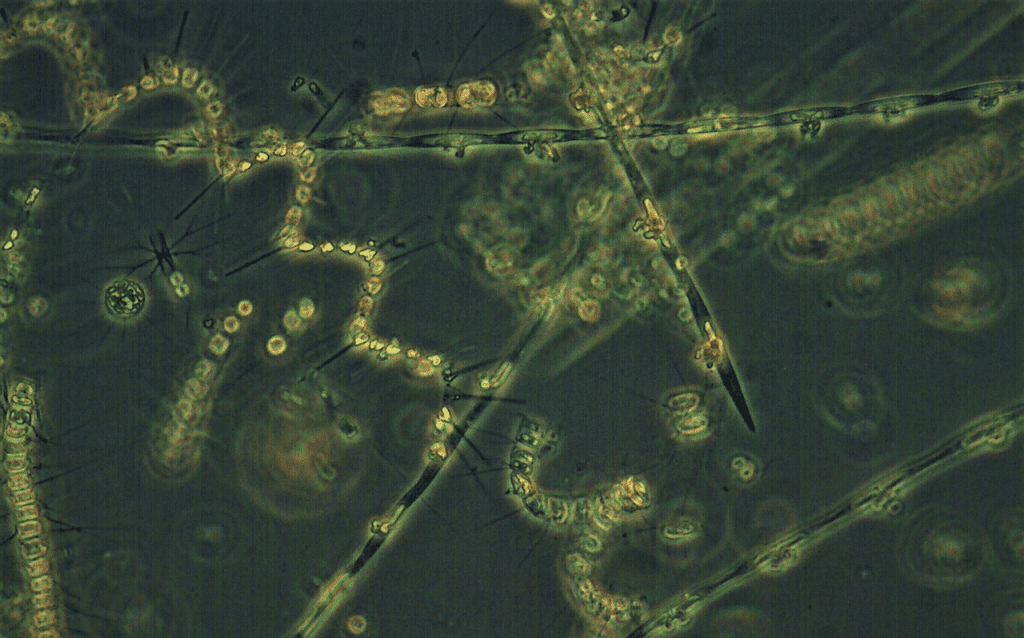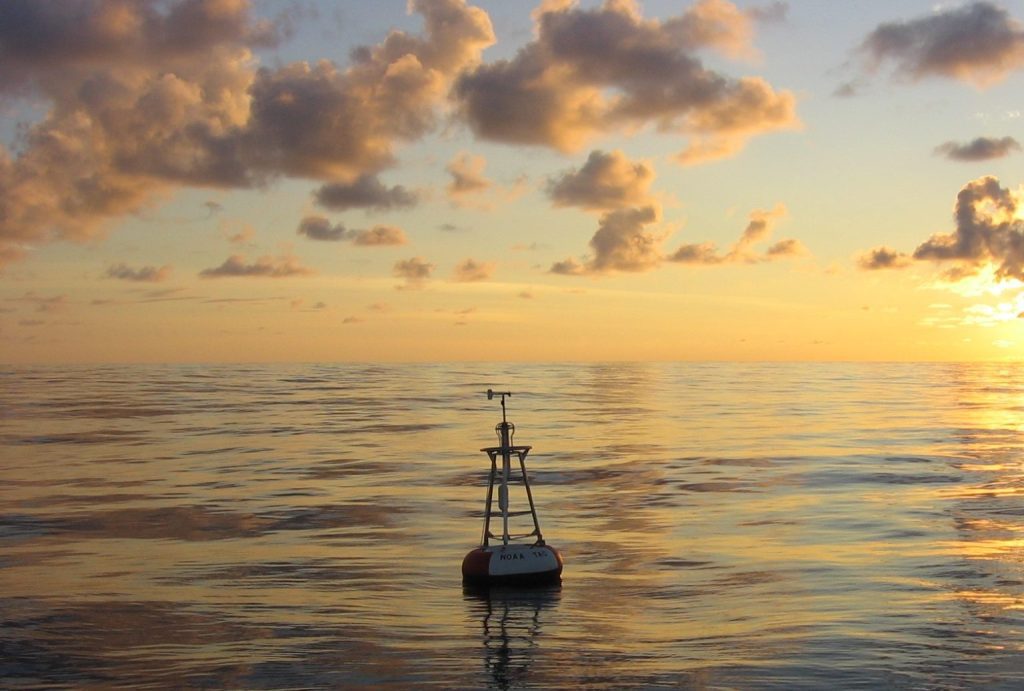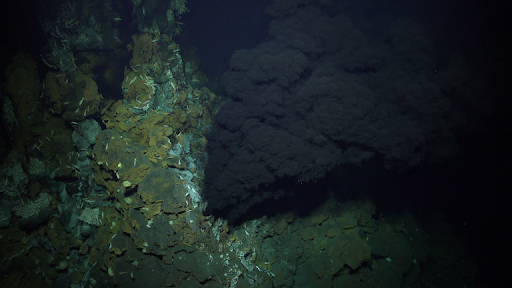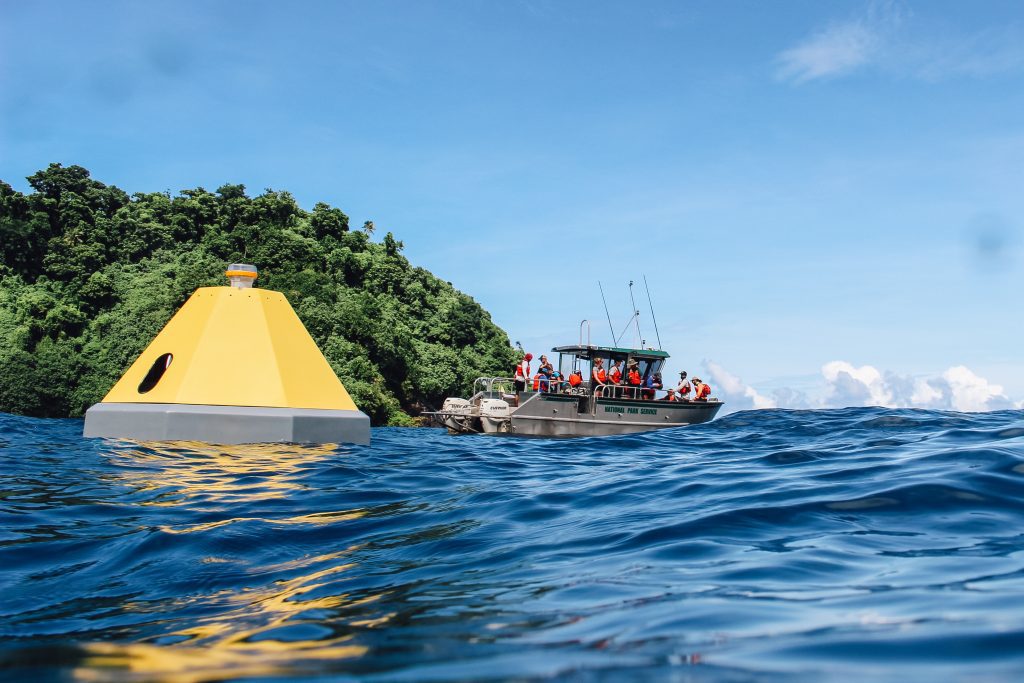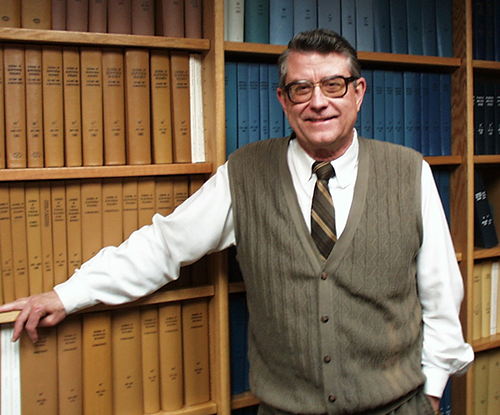Precipitation study in Colorado Rockies strikes gold during epic winter
The goal of the study is to improve the accuracy of weather and river flow forecasts in watersheds critical to the southwestern U.S. water supply.
Precipitation study in Colorado Rockies strikes gold during epic winter Read More >

